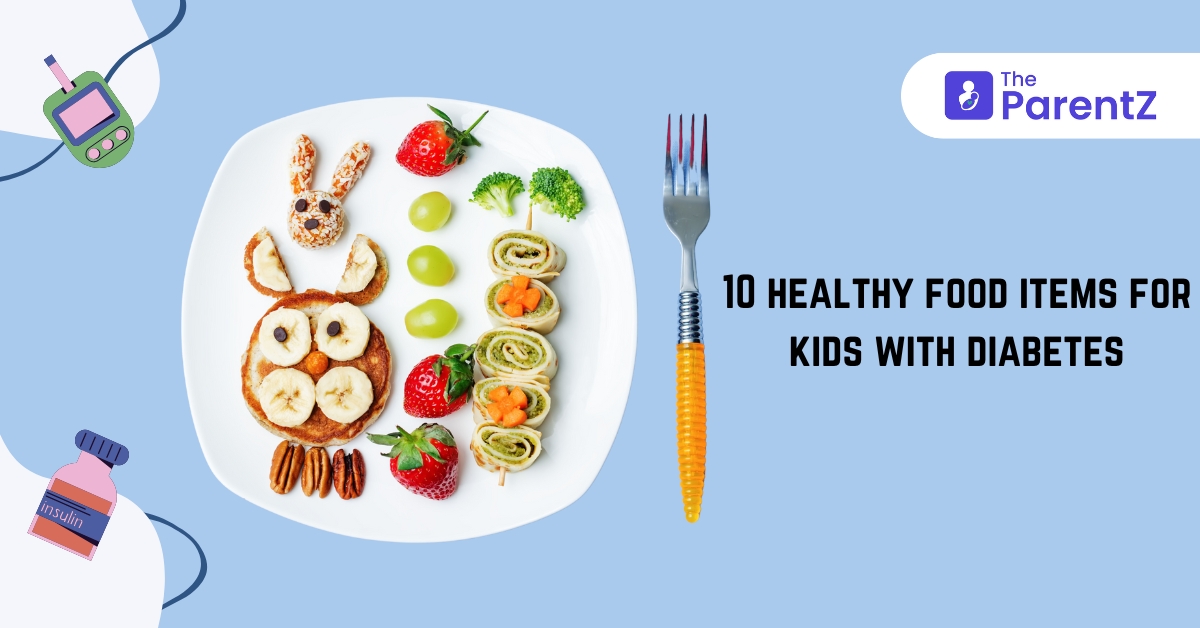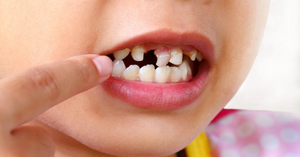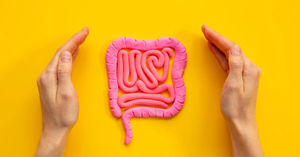According to the reports stated by the National Institutes of Health, nearly 652000 and 41000 cases of kids suffering from Type 1 and Type 2 diabetes have been recorded in 2021. Children with diabetes need to maintain a healthy diet. Giving kids balanced meals having high vital nutrients and low added sugar will help control their blood sugar levels and improve overall health. Following are the 10 healthy meal choices that are appropriate for children with diabetes.
Healthy meal choices for children with diabetes
1. Fresh Fruits
Fruits avoid sudden blood sugar increases by slowly releasing sugar into the bloodstream thanks to their low glycemic index. To successfully manage carbohydrate intake, portion control is essential.
2. Vegetables
Vegetables are very important in controlling diabetes in children. They have a lot of vital nutrients, little calories, and fiber. Blood sugar is not significantly affected by non-starchy veggies such as bell peppers, broccoli, and green leafy vegetables.
3. Whole Grains
Refined grains should be avoided in favor of whole grain alternatives such whole wheat bread, brown rice, quinoa, and oats. These offer more fiber, which helps to regulate blood sugar. To make sure a food is actually whole grain, read the label.
4. Lean Proteins
Add skinless chicken or turkey, fish, eggs, tofu, and lentils to your child’s diet as examples of lean protein sources. Blood sugar levels are stabilized and a sense of fullness is produced by proteins.
5. Low-Fat Dairy
Low-fat dairy products aid in managing diabetes in children by offering essential nutrients and maintaining low fat levels. Yogurt, low-fat milk etc. are some of the low-fat dairy products which can be given to the children with diabetes. They can support good weight management and help keep blood sugar levels constant.
6. Healthy Fats
Healthy fats include things like avocados, nuts, seeds, etc. which can be added to your child’s meals. These fats make people feel hungry more often and help nutrients get absorbed. Due to their greater calorie content, consume them in moderation.
7. Legumes
Due to their low glycemic index, high fiber content, and plant-based protein, legumes including beans, lentils, and chickpeas help to manage diabetes. They support hunger, control blood sugar levels, and improve heart health.
8. Fish
Omega-3 fatty acids, which provide several health advantages, are abundant in fatty fish like salmon, mackerel, etc. These consist of lowering inflammation, raising heart health, and raising mental function. Fish makes a tasty and wholesome dish when grilled or baked.
9. Water
Diabetic children need to stay hydrated. Ensure that your child consumes enough water throughout the day. Drink less sugary beverages and more water instead.
10. Snack Options
Slices of fresh fruit, Greek yoghurt, almonds (in moderation), popcorn, or homemade mix with nuts and seeds are examples of healthy snack options. While satisfying hunger between meals, these options offer necessary nutrients.
Diabetes in kids must be treated with a balanced, nutrient-rich diet. The above mentioned nutritious meal options will enhance your child’s overall health and wellbeing while assisting them in maintaining stable blood sugar levels. But it’s important that you communicate regularly with a medical expert or a certified dietitian who can customise nutritional advice to your child’s unique needs and track their development over time.








Be the first one to comment on this story.